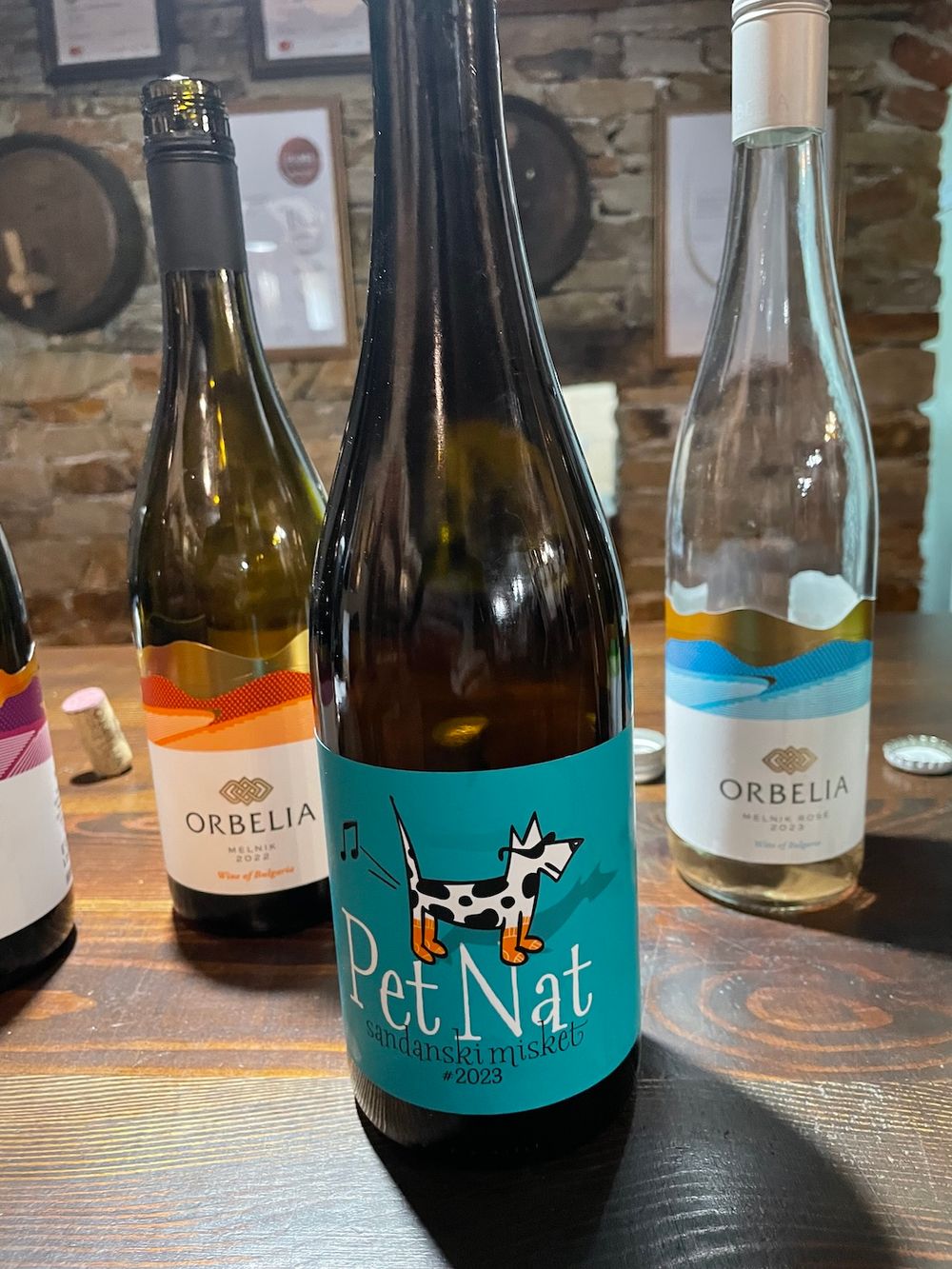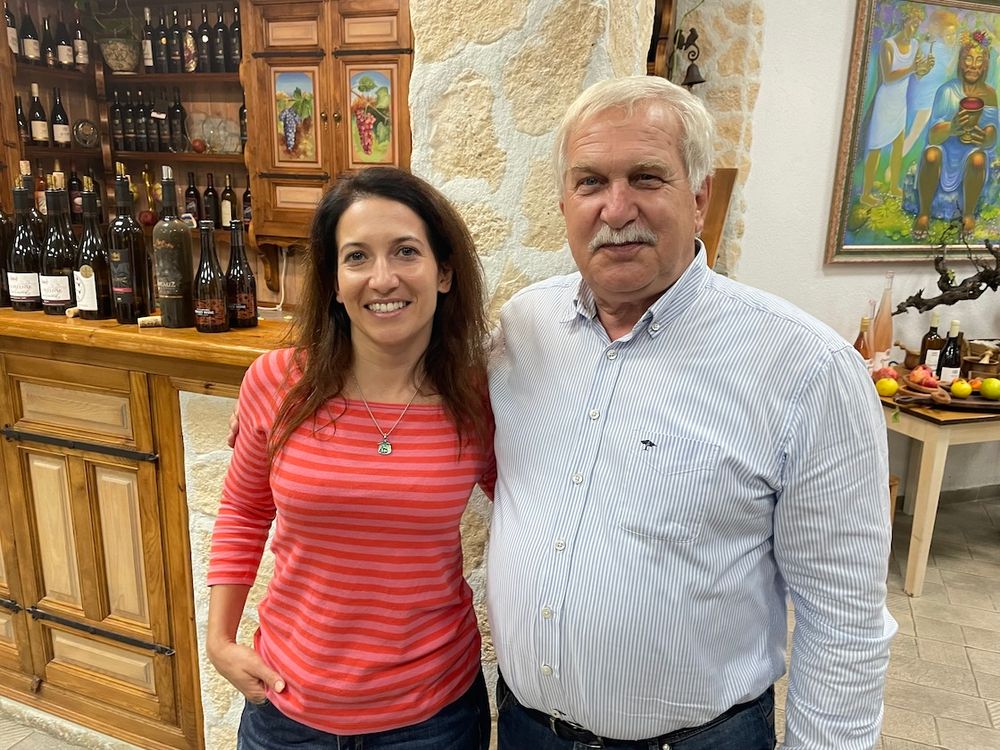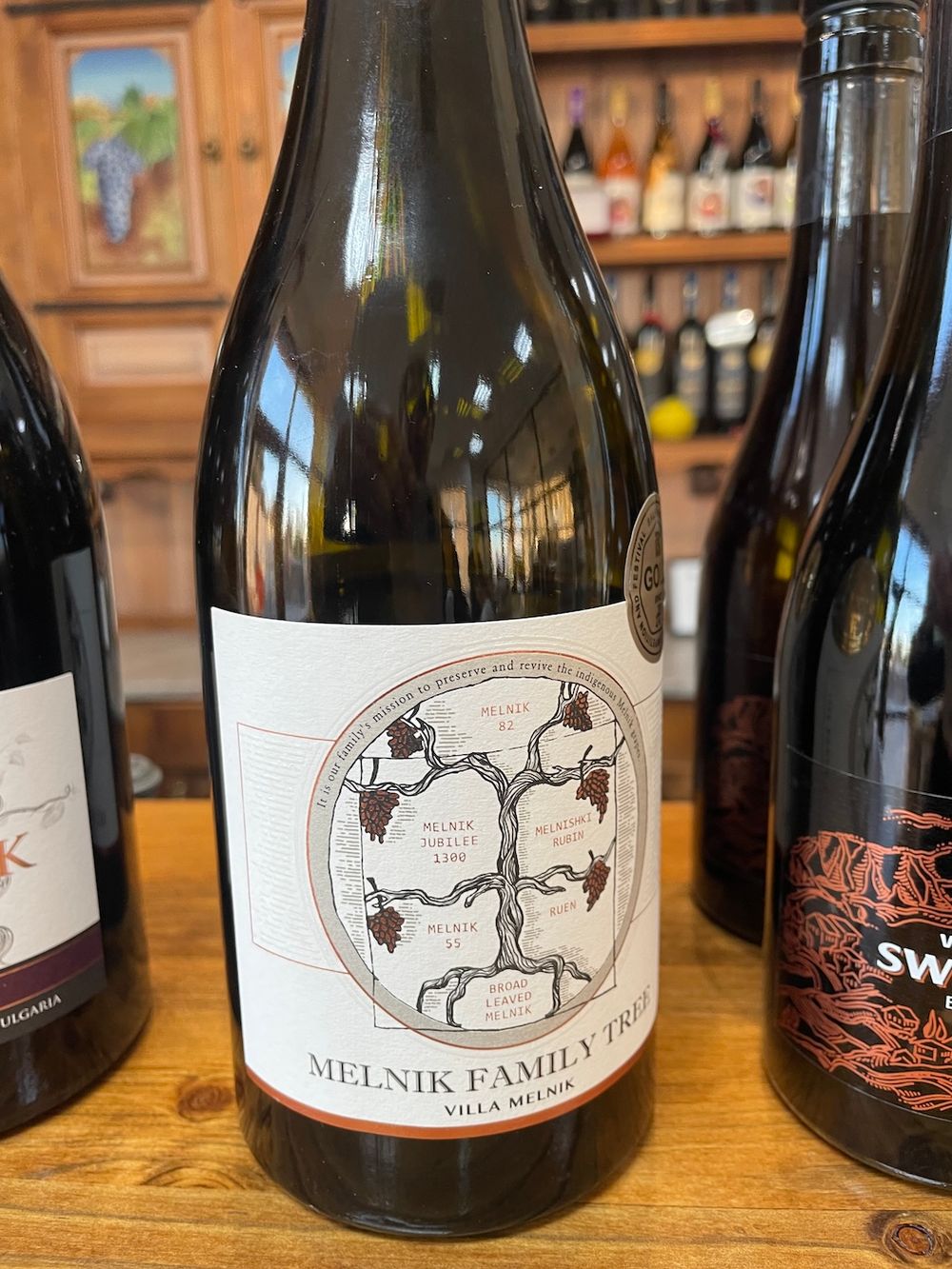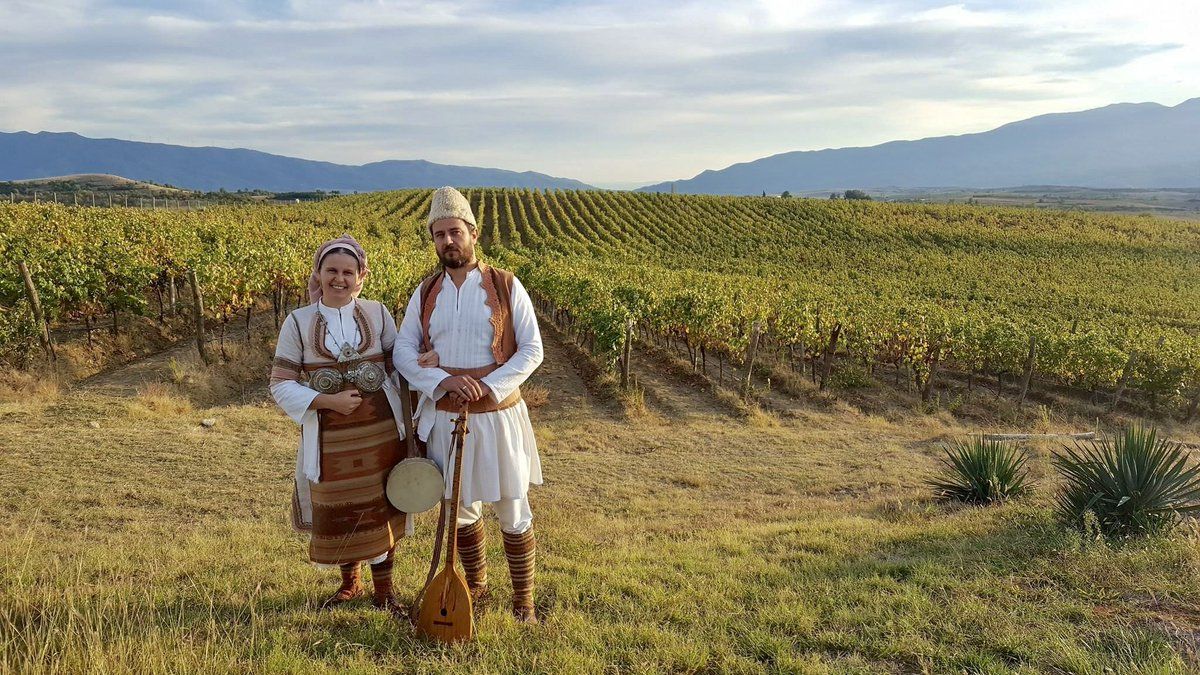Should you perfect established wine styles or go disruptive? Should you plant indigenous or international varietals? Should you opt for a conventional label design or one with a cheeky cartoon dog in sunglasses.

One direction to go with positioning your wine brand
Wine growers in Bulgaria face choices such as these more acutely than most. Under the Soviet regime, producers were all state-owned. They were condemned to a more-but-worse policy, churning out millions of litres of rubbishy wines for the Communist bloc. With independence in the ‘90s, vineyards were returned to their original owners, but few had the money or inclination to invest. Half of the country’s vineyards remain abandoned.
Entry into the EU in 2007, meanwhile, solved some problems but created others. The country now has two EU-designated PGIs (Protected Geographic Indication), called Thracian Lowlands and Danubian Plain, but both are so vast as to be pretty much useless. And of Bulgaria’s 52 PDOs (the higher-level Protected Designation of Origin category) only three or four are actually used.

Progress being made at Orbelia
It’s a mess. But the Orbelia winery in the southerly Struma Valley shows how progress is being made, nonetheless. Just as in Greece, many canny winemakers are going for the premium wine market. Boutique wineries have sprouted with a focus on small-batch production, vineyard sustainability, and the use of organic and biodynamic practices. Character and heritage are everything.
That dog label is part of the solution. He or she brings the cheeky character to a bottle of trendy pet nat made from a heritage local grape called Sandanski Misket. At €6.50 ex cellar and with an ABV of 12%, it’s refreshing with strong aromas of green apple and is reasonably priced.
Alongside the witty canine on the shelves are dozens of more traditional labels designs, while international varietals such as Cabernet Franc and Merlot rub shoulders with indigenous grapes, notably Melnik which is grown in tiny areas in the Struma Valley.
There are many types of Melnik, most of which don’t earn a mention in the fat encyclopaedia on wine grapes that sits on my desk. There’s broad-leafed Melnik which, through oak ageing and several years in the bottle, can bring out a warmth and style not unlike Nebbiolo. Then there’s the earlier-ripening Melnik 55 which creates wines with rounder fruit and softer tannins.
Orbelia has a 2020 Estate Reserve Melnik for €14.50 ex cellar and the fruity medium-bodied drinking Melnik 55 is excellent easy-drinking at just €4.50 ex cellar.
The owner of Orbelia, Nikolay Chorbadzhiyski, tells us that local growers are trying to get a local PDO for the Struma Valley – the ministry in Sofia has first to be persuaded, then Brussels has to rubber-stamp the change. The wheels of bureaucracy, however, grind slowly and it seems big wine producers with their own vested interests are slowing things down.
Villa Melnik - enterprising

Low intervention approach: Militiza Zikatanova
To the west of the Struma Valley is an even more enterprising winery, Villa Melnik. This pretty much has it all. With its stunning views and shiny new facilities, it’s a haven for wine tourism and a venue for weddings. It has even appeared in a spicy HBO miniseries about a married vineyard owner’s affair with his female winemaker called Guilt.
Militiza Zikatanova, the daughter of the founder, was a Diageo graduate in the UK so knows her way around the hard-nosed drinks business.

Yet sentiment and not simply cash drives her. First, there is the low-intervention approach with vegan-only ingredients. This is seen as key to the wines’ expressiveness. But her family’s entire mission “is to preserve and revive the indigenous Melnick grapes.” That message is emblazoned on the label of the Melnik Family Tree (14.5% ABV, €13 ex cellar) with Shiroka Melnok, Melnik 55, Ruen, Melnick 1300 Jubilee and Melnik Rubin.It’s an elegant wine with aromas of sour cherries.
Zikatanova proudly describes her father as the man who went on to “revive the indigenous grapes”. The winery even ages some indigenous varietals only in Bulgarian oak barrels to provide as truly authentic a national wine as possible.
The wine that stands out most is the Rare Varieties Melnick 1300 Jubilee 2020 (14% ABV, €13 ex cellar). The Melnik 1300 variant is named after the year the Bulgarian kingdom was founded and was almost extinct until recently. It has deep complex flavours and ripe tannins.
All in all, the winery’s range straddles the old and the new, the hip and the conventional, as a way of keeping a national heritage, that was so nearly lost, alive.







































